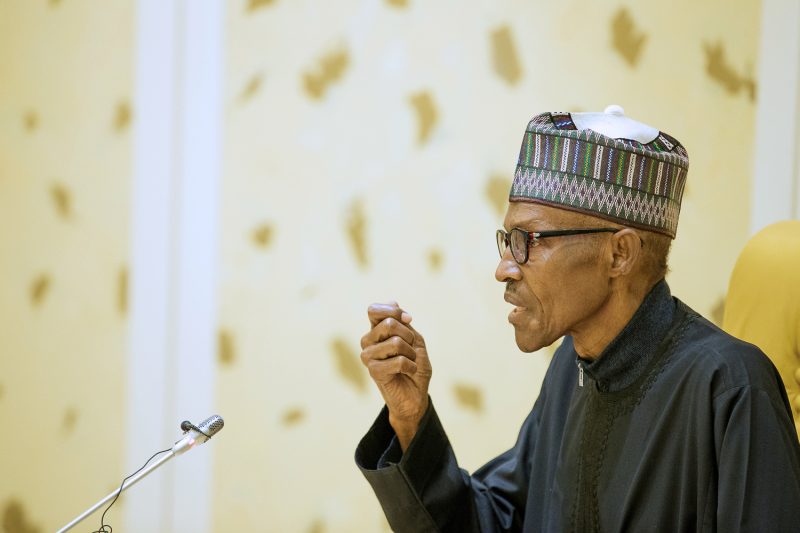The Federal Government has expressed appreciation to the European Union (EU) Commission for the 143 million Euros support package for the recovery and reconstruction needs in the North-East.
The EU Commission announced the support on Thursday in Brussels, Belgium.
The Minister of Budget and National Planning, Sen. Udoma Udo Udoma, gave the appreciation in a statement signed by his Media Adviser, James Akpandem in Abuja.
According to Udoma, the package is for the provision of basic services including energy, education and health, job creation, strengthening, monitoring and evaluation systems as well as public financial management systems.
The minister, who signed the package agreement on behalf of Nigeria, described it as “another positive effort in the collaboration between the EU and the Nigerian Government.’’
He said that the support showed collaboration to collectively work towards ameliorating the sufferings of the victims of Boko Haram insurgency.
The minister said that the Financing Agreement signed on Thursday was for the sum of 20 million Euros from the EU Emergency Trust Fund for Africa.
“A total sum of 143 million Euros is now secured from the EU under this framework for ameliorating of the sufferings of the affected population estimated at more than 14 million people.’’
Udoma said that the Nigerian government had devoted substantial resources to bring the humanitarian situation in the North-East under control.
He added that the government had also devoted resources to meet the humanitarian needs of the victims and restore normalcy to the area.
Udoma, however, said there was still a huge funding gap despite the efforts of the government, adding that it was reason the government appreciated the support of the EU and the United Nations systems.
He said that their support had been useful in leading the other development partners in the support process.
Udoma said that the process for the selection of implementation partners had reached an advanced stage with the World Bank.
The EU Commissioner for International Cooperation and Development, Neven Mimica, said the support package would assist approximately 1.3 million internally displaced people and affected communities in and around the Borno State.
“Our assistance will not only target the immediate needs of the people but, it will also help to restore basic services, stimulate employment and create livelihood opportunities, particularly for women and young people,” he said.
Also speaking, Christos Stylianides, the Commissioner for Humanitarian Aid and Crisis Management, said that the EU was committed to get lifesaving aid to those in need in Nigeria.
“Emergency aid can help them but to do so aid organisations need safe and full access to do their job.”
He said that EU also needed to think about the long term implications and how to help communities recover.
“I have visited the country several times and seen the sufferings caused by the victims of terrorism but also the strength and determination of the local people to rebuild their lives.
“It is this desire to rebuild a better future that the EU will support,’’ he said.

